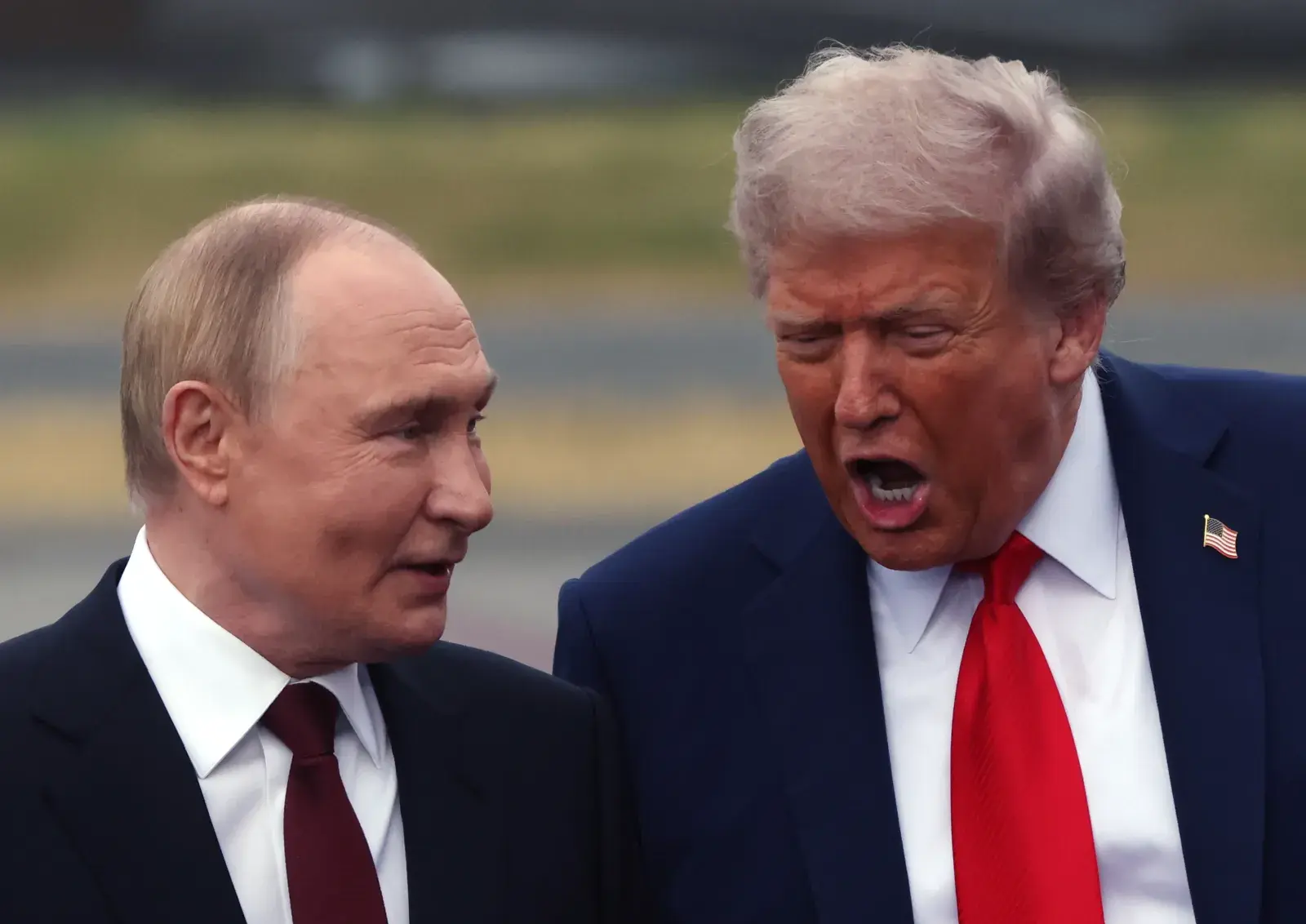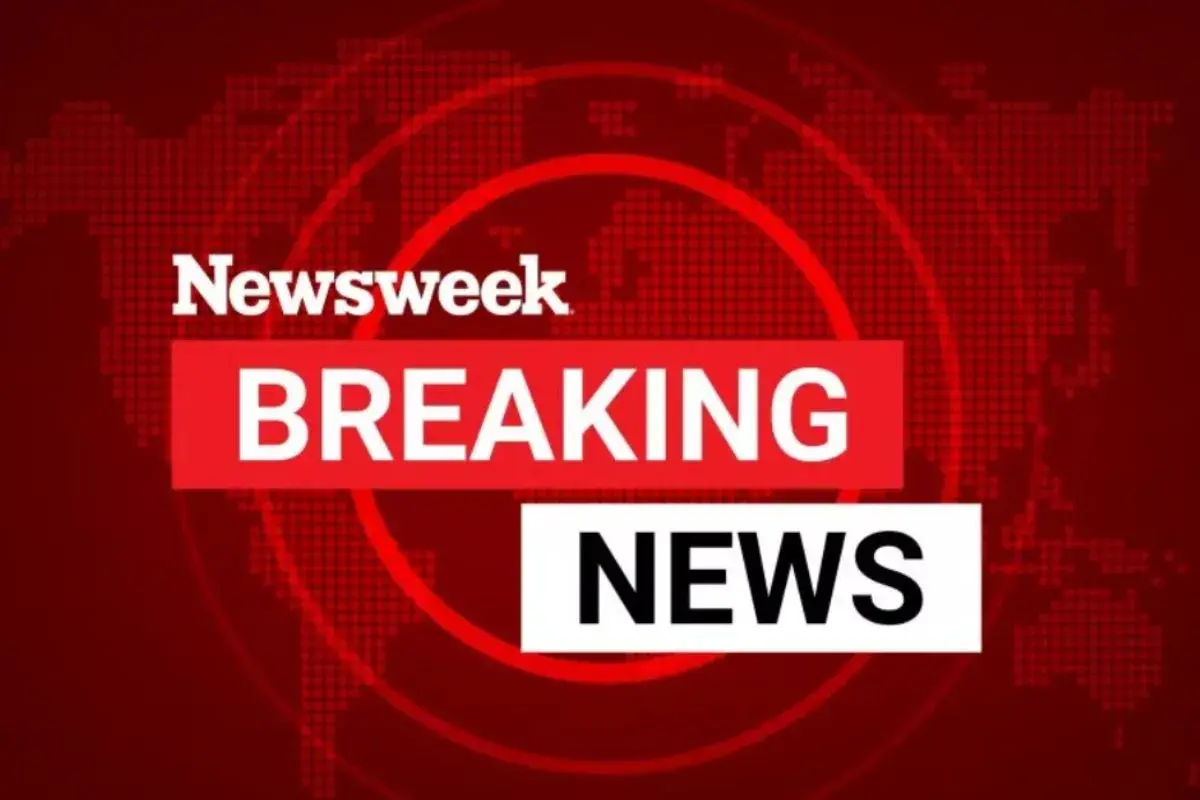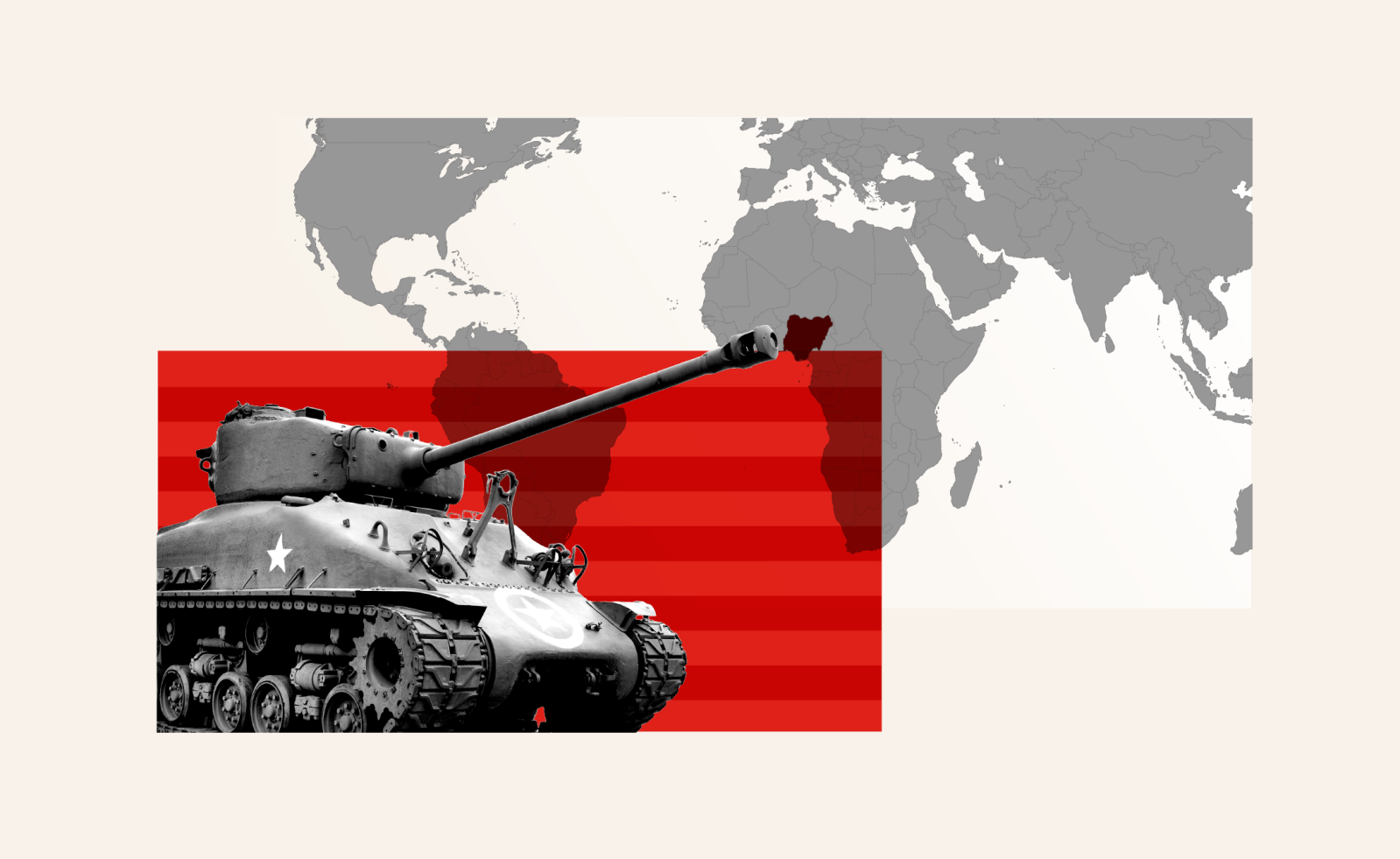President Donald Trump’s sanctions targeting Russia’s two largest oil companies could undermine the country as a petrostate, an energy expert has told Newsweek.
However, the measures announced on Rosneft and Lukoil to pressure President Vladimir Putin to agree to a ceasefire following his full-scale invasion of Ukraine do not go far enough, according to Razom We Stand, which lobbies for energy sanctions against Russia.
Dmitry Medvedev, deputy chairman of Russia's Security Council said on Thursday that the U.S. was Russia's "adversary" and Trump "has now fully embarked on the warpath against Russia."
Newsweek has contacted the Kremlin via email for comment.
Why It Matters
The new penalties against the Russian state oil giants are the first sanctions Trump has announced against Moscow since his return to the White House and follow the cancellation of a summit between the Russia and American leaders in Budapest.
Ukrainian President Volodymyr Zelensky may not have secured the teased pledge of long-range Tomahawk missiles from Trump at their meeting last week, but the U.S president punishing Putin’s oil empire will deal a blow to Russia’s economy and, potentially, its war effort.

What To Know
The U.S. Treasury announced on Wednesday sanctions on Rosneft and Lukoil to pressure Moscow into agreeing to a ceasefire.
The measures, which have also been imposed on the companies' subsidiaries, stipulate that foreign financial institutions that conduct transactions involving Russia's military-industrial base risk being sanctioned.
The U.S. Department of the Treasury’s Office of Foreign Assets Control (OFAC) said the sanctions were due to Russia’s “lack of serious commitment to a peace process to end the war in Ukraine.”
They would increase pressure on Russia’s energy sector and degrade the Kremlin’s ability to raise revenue for its war machine, OFAC added.
Secretary of the Treasury Scott Bessent said in a statement that “now is the time to stop the killing and for an immediate ceasefire,” adding that the U.S. is prepared to take further action if necessary to support Trump’s effort to end yet another war.
Berlin-based energy expert Thomas O’Donnell told Newsweek that the sanctions would have been long in preparation at OFAC and that it was likely that Ukraine’s allies were aware the measures were coming.
O’Donnell said that by the end of July, Trump had seen that whatever elaborate economic and territorial enticements he offered to the Russian leader to end the war, “Putin responded with nothing.” This is because Putin “is in a bind” and doesn't have enough to show for the war either domestically or to his allies.
Trump had been offering the Kremlin economic deals and speaking of territorial concessions inside Ukraine to end the war, bringing Russia closer to the West and avoiding humiliating the Russian president, but this approach “absolutely wasn't working,” said O’Donnell.
Trump then turned to a Plan B of coercion through increasing military capacities and weapons for Kyiv and undermining Russia as a petrostate.
Increased tariffs on India over its oil trade with Russia sent a signal to Moscow about Trump’s intentions, O’Donnell added. Svitlana Romanko, founder and director of Razom We Stand, told Newsweek that while her group welcomed the U.S. sanctions, the measures could have been imposed months ago.
She described the measures as “vital first steps” and hoped that Washington would not waste more time by chasing diplomacy with Putin.
Yuriy Boyechko, CEO of Hope for Ukraine, said that the sanctions were a decisive action and a new phase of economic pressure on Russia.
"However, this is only half the solution," he told Newsweek, "the European Union now has a historic opportunity to deliver the finishing blow."
What People Are Saying
Secretary of the Treasury Scott Bessent: “Given President Putin’s refusal to end this senseless war, [the] Treasury is sanctioning Russia’s two largest oil companies that fund the Kremlin’s war machine."
Svitlana Romanko, founder and director of Razom We Stand, told Newsweek: "The new sanctions are vital first steps. We hope Washington doesn't waste more precious time chasing the kind of diplomacy with Putin that has not brought peace, but instead continues its efforts to sanction the only aggressor in this war—Russia."
Berlin-based energy analyst Thomas O'Donnell told Newsweek: "I believe it is perfectly possible for the United States to undermine Russia as a petrostate."
What Happens Next
Trump's sanctions come as the EU agreed to impose new measures targeting Moscow's oil and gas revenues, which together are likely to maintain economic pressure on Russia despite Trump's faltering peace push and an escalation of the Kremlin's offensive in Ukraine.
Update 10/23/25, 1:27 p.m ET: This article was updated with comment from Yuriy Boyechko and clarified that Svitlana Romanko is CEO of Razom We Stand.



















